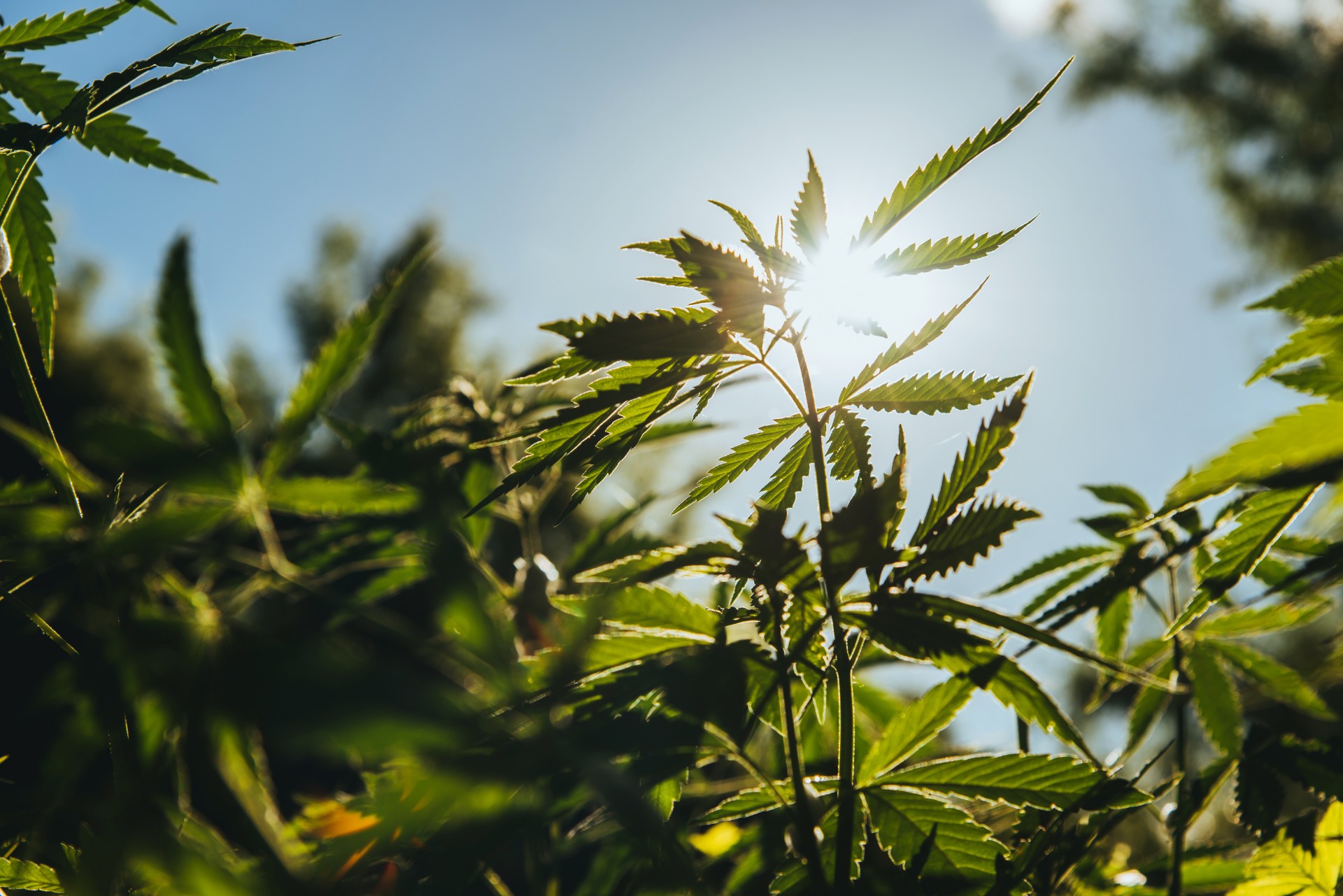
The Evolving Legal Landscape of Intoxicating Hemp Products
The legal status of intoxicating hemp products, such as THC-infused beverages and edibles, is undergoing significant changes across the United States. While the 2018 Farm Bill federally legalized hemp containing less than 0.3% delta-9 THC, it inadvertently opened the door for a variety of hemp-derived psychoactive products to enter the market with minimal regulation. Social media advertisements for “Farm Bill Compliant” cannabis products seem to be everywhere, offering a variety of products discreetly shipped directly to consumers’ doors. Go to most gas stations and you can see cannabis flower, pre-rolled joints, and edibles sold in close proximity to slushees and ever-rolling hot dogs. But these products are not specifically authorized by the 2018 Farm Bill nor is there consistent regulatory direction being applied by the US Food and Drug Administration. The result is that the market has gotten way out in front of the regulations, leading to an evolving patchwork of state-level responses, with Mississippi recently attempting to implement stricter controls.
Mississippi's Attempt at Regulation: House Bill 1502
In 2025, the Mississippi Legislature introduced House Bill 1502 (HB1502) aiming to regulate intoxicating hemp products. The bill sought to:
- Define “consumable hemp products” to capture non-intoxicating hemp-derived products like CBD and task the Mississippi Department of Health with those products’ regulation.
- Separately define “intoxicating hemp beverages” to allow for those products to be regulated like beer by the Mississippi Department of Revenue and sold by retailers like gas stations and grocery stores.
- Implement labeling requirements and mandate product testing.
- Impose a 3% excise tax on consumable hemp products.
Despite these comprehensive measures, HB1502 failed to pass during the 2025 legislative session. Competing interests and policy confusion ultimately killed the bill, despite a public need for something other than the status quo. This outcome leaves Mississippi without specific regulations for intoxicating hemp products, allowing their continued sale in unlicensed retail outlets and without consumer protection guardrails like mandatory product testing.
Other State Developments
Other southern states such as North Carolina, South Carolina, Georgia, Florida, and Tennessee are making strides towards regulating (or prohibiting) hemp-derived products, focusing on product safety and preventing underage consumption.
Federal Developments and State Autonomy
At the federal level, the ambiguity surrounding hemp-derived intoxicants has prompted legislative action. In May 2024, the House Committee on Agriculture approved an amendment to the Farm Bill that would exclude certain synthetic cannabinoids from the federal definition of hemp, effectively criminalizing products like delta-8 THC and THC-O. Furthermore, a January 2025 ruling by the U.S. Court of Appeals for the Fourth Circuit affirmed that states have the authority to impose stricter regulations on hemp products than those at the federal level.
Looking Ahead
As the federal government moves toward clarifying the legal status of hemp-derived intoxicants, states like Mississippi will need to revisit their regulatory approaches. The balance between consumer safety, market freedom, and legal clarity remains a pressing issue that will require coordinated efforts at both state and federal levels. Businesses that operate in or ship products to multiple states will need stay abreast of evolving regulatory restrictions on their operations and products to ensure compliance. Send an email to conner@mclaughlinpc.com if you would like to discuss navigating the consumable hemp market.





